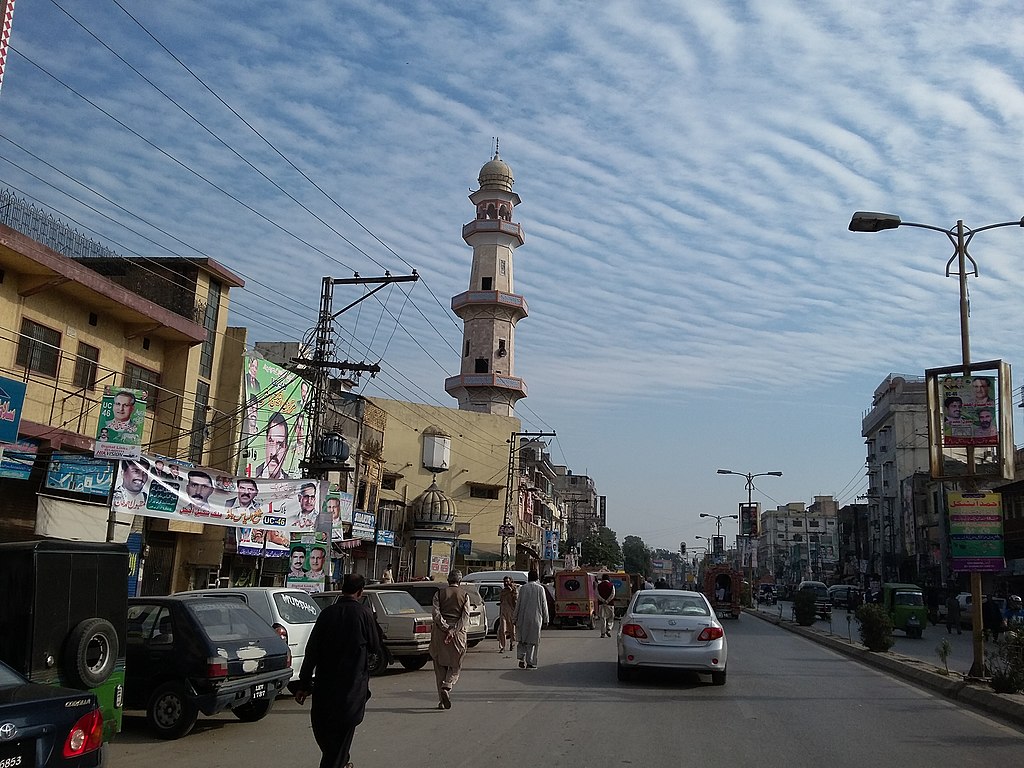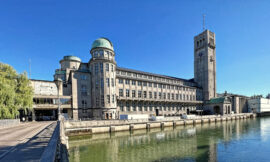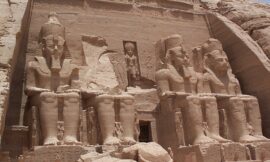Rawalpindi, the bustling twin city of Islamabad, serves as a vibrant hub of culture, commerce, and military significance in Pakistan. Nestled at the foot of the picturesque Margalla Hills, Rawalpindi has evolved into a dynamic metropolis that harmoniously blends tradition with modernity. Its strategic location, historical landmarks, and cultural diversity contribute to the city’s unique character.
With a history dating back to ancient times, Rawalpindi has witnessed the rise and fall of various civilizations, from the Gandhara region to the Mughal Empire. The city’s strategic importance as a military garrison during the British colonial era played a crucial role in shaping its urban landscape. Today, Rawalpindi is not only a military headquarters but also a thriving center for commerce, education, and cultural activities.
The Rawalpindi Old City, with its narrow winding streets and bustling bazaars, reflects the city’s historical roots. The Raja Bazaar, one of the oldest markets in the region, is a vibrant marketplace where traders, shopkeepers, and artisans offer an array of goods, from textiles and spices to traditional handicrafts. The bazaar’s lively atmosphere provides a glimpse into the traditional way of life in Rawalpindi.
Rawalpindi is home to several architectural gems that harken back to its colonial past. The Rawalpindi Clock Tower, a prominent landmark in the city center, was built in the late 19th century and stands as a testament to the British architectural influence. The Ayub National Park, named after Pakistan’s second president, Ayub Khan, is another significant attraction that offers recreational spaces, a zoo, and a lake, providing a respite from the urban hustle.
For those interested in the military history of Pakistan, the Pakistan Army Museum in Rawalpindi provides an insightful journey through the nation’s military heritage. The museum showcases a vast collection of artifacts, weapons, and memorabilia, offering visitors a glimpse into Pakistan’s military prowess and the sacrifices made by its armed forces.
Rawalpindi’s role as a transportation hub is underscored by its well-connected road and rail networks. The city serves as a gateway to the northern areas of Pakistan, making it a common starting point for journeys to popular tourist destinations such as Murree, Abbottabad, and the scenic valleys of Azad Kashmir.
The city’s cultural landscape is enriched by various festivals, events, and religious celebrations. The Urs of Hazrat Ganj Shakar, a Sufi saint, draws devotees from across the country to Rawalpindi to participate in spiritual gatherings and celebrations. The city also hosts vibrant cultural festivals, art exhibitions, and literary events that showcase the talents of local artists and intellectuals.
As a significant center for education, Rawalpindi is home to reputable institutions such as the Fatima Jinnah Women University and the Rawalpindi Medical University. These institutions contribute to the academic and intellectual vibrancy of the city, attracting students from various regions of Pakistan.
Rawalpindi’s food scene is a delightful fusion of flavors, influenced by the diverse culinary traditions of the region. The city’s numerous eateries and street food vendors offer a variety of dishes, from traditional Pakistani cuisine to international flavors. The renowned food street in the historic Gunj Mandi area is a popular destination for food enthusiasts seeking a taste of Rawalpindi’s culinary delights.
In conclusion, Rawalpindi stands as a dynamic city that encapsulates the essence of Pakistan’s history, culture, and strategic significance. From its historical bazaars and colonial architecture to its modern amenities and educational institutions, Rawalpindi reflects the multifaceted nature of urban life in Pakistan. As the twin city to Islamabad, Rawalpindi plays a pivotal role in the nation’s narrative, contributing to the vibrancy and diversity that define the country’s cultural landscape.



